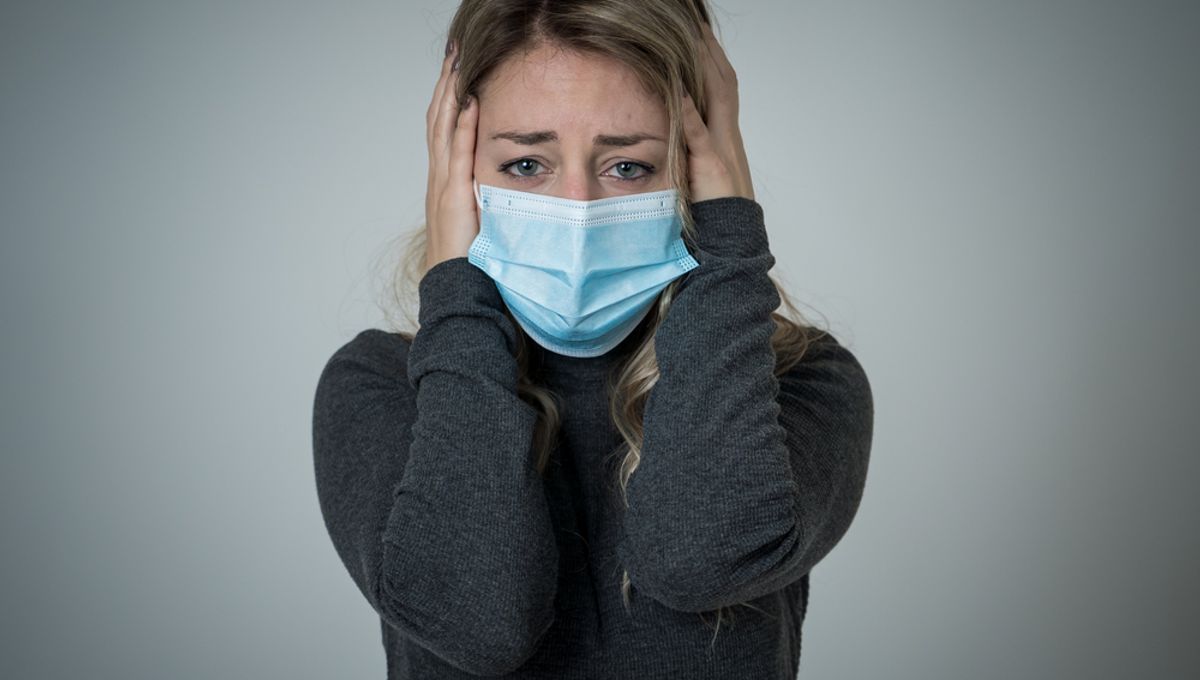
Being hospitalized with COVID-19 is associated with an 11 percent increase in the risk of developing schizophrenia, new research has found. While a number of previous studies have detected an observational association between the severity of infection and schizophrenia, this is the first to identify a causal link between the two.
Primarily a respiratory illness, COVID-19 can also trigger a range of persisting neurological symptoms such as brain fog, fatigue, and even psychosis. Though scientists are still scrambling to understand exactly how the virus produces psychiatric disturbances, the authors of the new study say that “SARS-CoV-2 can invade the central nervous system, impacting the structure, metabolism, function, and activity of the brain.”
Furthermore, they explain that both COVID-19 and schizophrenia cause a “profound breakdown” of the interactions between neurons and support cells called glia. They also point to other studies which have found a higher mortality rate among COVID-19 patients with a history of schizophrenia.
What is less clear, however, is whether schizophrenia makes people more susceptible to severe COVID-19 infections, or vice-versa. To investigate, the researchers analyzed data from two genome-wide association studies (GWAS) in order to determine if those with a genetic susceptibility to hospitalization upon infection with SARS-CoV-2 were more likely to develop schizophrenia.
Genome-wide association studies allow scientists to study the entire genome of large groups of people in order to identify specific genetic variants that are associated with particular diseases or traits.
The two GWAS datasets included genetic information relating to 122,616 people who had contracted the SARS-CoV-2 virus as well as a further 32,519 patients who had been hospitalized by the illness. After assessing the data, the study authors uncovered a link between the genetic liability to severe COVID-19 and the risk of developing schizophrenia.
“Severe COVID-19 was associated with an 11 percent increased risk for schizophrenia, suggesting that schizophrenia should be assessed as one of the post-COVID-19 sequelae,” they write. “However, genetic liability to SARS-CoV-2 infection was not associated with the risk of schizophrenia.”
In other words, catching COVID-19 does not carry an inherent risk of developing the psychiatric disorder, but being hospitalized due to severe symptoms does.
Based on these findings, the study authors conclude that schizophrenia “may be an integral part of the post-COVID syndrome,” and that “protocols for post-acute COVID-19 care should include the diagnosis and management of this psychiatric condition.”
The study was published in the journal Psychiatry Research.
Source Link: Severe COVID-19 Infection May Increase The Risk Of Developing Schizophrenia